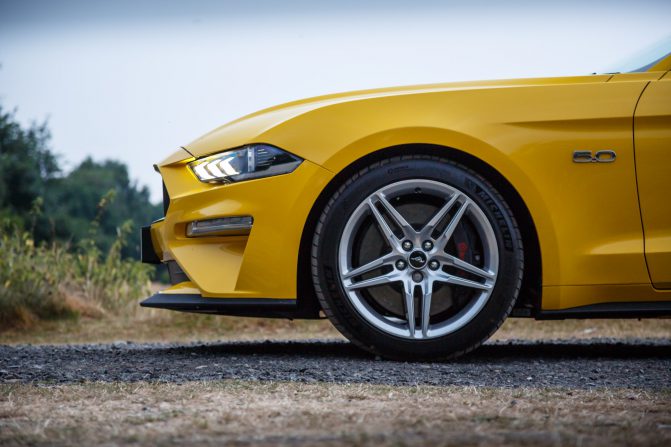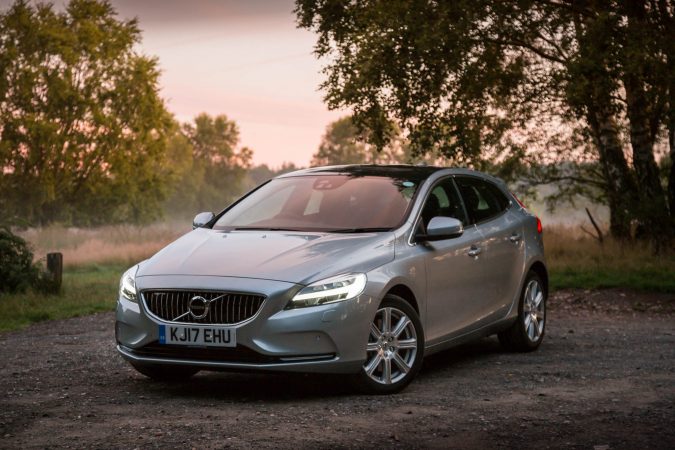In today’s automotive world, where the aesthetic and functional integrity of a vehicle’s paintwork is the industry standard, Paint Protection Film (PPF) emerges as a convenient safeguarding solution.
What is Paint Protection Film (PPF)?
Paint Protection Film is a thermoplastic urethane film applied to the painted surfaces of a car to protect the paint from stone chips, bug splatters, and minor abrasions. This transparent, durable film acts as a shield, preserving the vehicle’s original color and finish without altering its appearance.
How Does It Help?
PPF serves as an invisible guard, encapsulating the car’s paintwork in a resilient, protective layer. It absorbs impacts and resists scratches, ensuring that the vehicle’s aesthetic appeal is maintained. Moreover, PPF is self-healing, meaning minor scratches and swirls disappear with heat exposure, such as sunlight or hot water, keeping the car looking newer for longer.
Key Benefits/Reasons to Get Paint Protection Film
- Durability: PPF is renowned for its long-lasting protection. It can withstand adverse weather conditions, resist staining from road chemicals, and minimize wear and tear from daily driving, making it a long-term investment in the car’s appearance.
- Matte Finish Option: For enthusiasts seeking a distinctive look, PPF is available in a matte finish. This option provides the same level of protection while offering a unique, sleek aesthetic that distinguishes the vehicle from others.
- Preserves Factory Color: PPF is transparent and does not alter the factory paint color. It ensures the vehicle’s original hue remains vibrant and unaffected by the sun’s harmful UV rays, which can cause fading over time.
For convenience we have curated them into an easy to understand table.
| Benefit | Description |
| Durability | Resists weather, chemicals, and wear. |
| Matte Finish | Offers a unique, sleek look. |
| Preserves Factory Color | Keeps the original paint vibrant and unaffected by UV rays. |
Difference Between PPF and Other Coatings
Paint Protection Film and other coatings like ceramic coatings serve to protect the vehicle’s exterior but differ in application and properties.
| Feature | Paint Protection Film (PPF) | Ceramic Coating |
| Protection Level | High impact resistance, self-healing capabilities for scratches and swirls. | Adds hydrophobic (water-repelling) properties, enhances gloss, and offers a slight scratch resistance. |
| Durability | Typically lasts 5-8 years depending on maintenance and environment. | Can last 2-5 years, depending on the product and maintenance. |
| Maintenance | Low maintenance; occasional cleaning is sufficient to maintain its protective qualities. | Requires regular maintenance to keep the hydrophobic properties effective. |
| Application | Physically applied film. | Liquid coating that bonds with the paint. |
Can You Use Them Together?
Yes, combining PPF with a ceramic coating offers the ultimate protection. PPF provides the physical barrier against impacts and scratches, while the ceramic coating adds chemical resistance and ease of cleaning due to its hydrophobic properties. This combination ensures maximum durability and aesthetic preservation of the vehicle’s exterior.
Conclusion
Investing in Paint Protection Film for your car is a wise decision for anyone looking to preserve their vehicle’s appearance and value. Its benefits, ranging from durability to the preservation of the factory paint color, make it an indispensable protective measure.
When combined with ceramic coatings, PPF offers unmatched protection, ensuring that your vehicle remains in impeccable condition for years to come. This comprehensive approach to vehicle maintenance not only maintains the car’s aesthetic appeal but also enhances its resale value, making PPF a prudent investment in your vehicle’s future.



